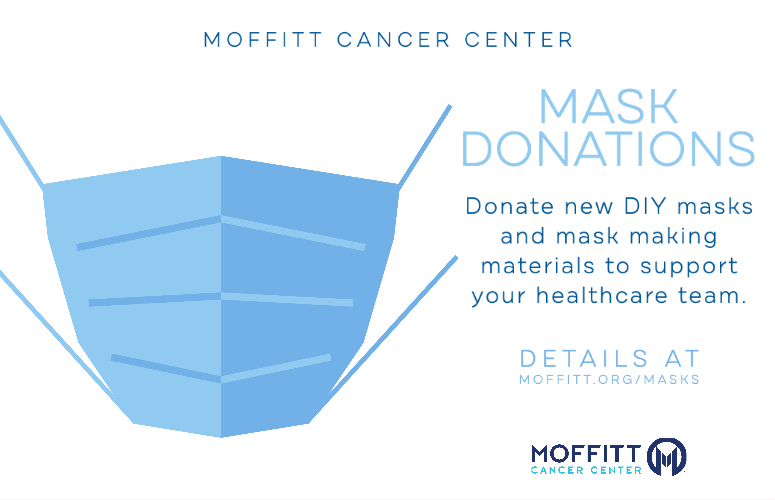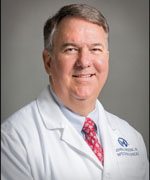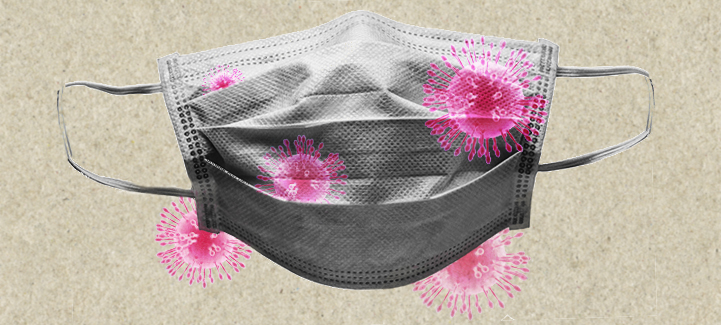Should You Wear a Face Mask to Protect from Novel Coronavirus?

The novel coronavirus (2019-nCoV) has quickly become a global media crisis, claiming the lives of more than 560 victims and sending the public into a paranoid frenzy. The source of this new respiratory virus is still to be determined. Health officials hypothesize that it likely emerged from animals, although it now appears to be spreading from person-to-person. With this in mind, paired with the fact that coronavirus symptoms come across as common and mild illness symptoms such as a runny nose, headache, cough and fever, many have taken it upon themselves to protect their health by wearing face masks.
Face masks are typically used by health professionals during surgery to shield them from exposure to bacteria encased in liquid droplets. While these masks have been found to reduce the chance of getting the flu by nearly 70%, they do not protect against airborne particles, which can easily find a way through the crevices. Although these face masks are available for anyone to purchase, there has been no sufficient evidence that would recommend the wearing of one. In fact, some experts suggest that there is potential harm that may come with wearing them. If you are around an infectious virus and touch the front of the mask at any point, there is the risk of contaminating yourself if you touch your face throughout the day, adjust your mask or even when you take it off.

Dr. John Greene
Moffitt Cancer Center infectious disease expert Dr. John Greene says that unless you reside in Wuhan, wearing a face mask may be a bit of overkill and offer a false sense of security. “The best way to protect yourself is to thoroughly and frequently wash your hands with soap and warm water,” said Greene. He also added you should avoid touching your face after handling anything the public openly has access to, such as door handles or a magazine in a waiting room. Doing so will greatly reduce your risk of catching the novel coronavirus and ease your worries as well.



